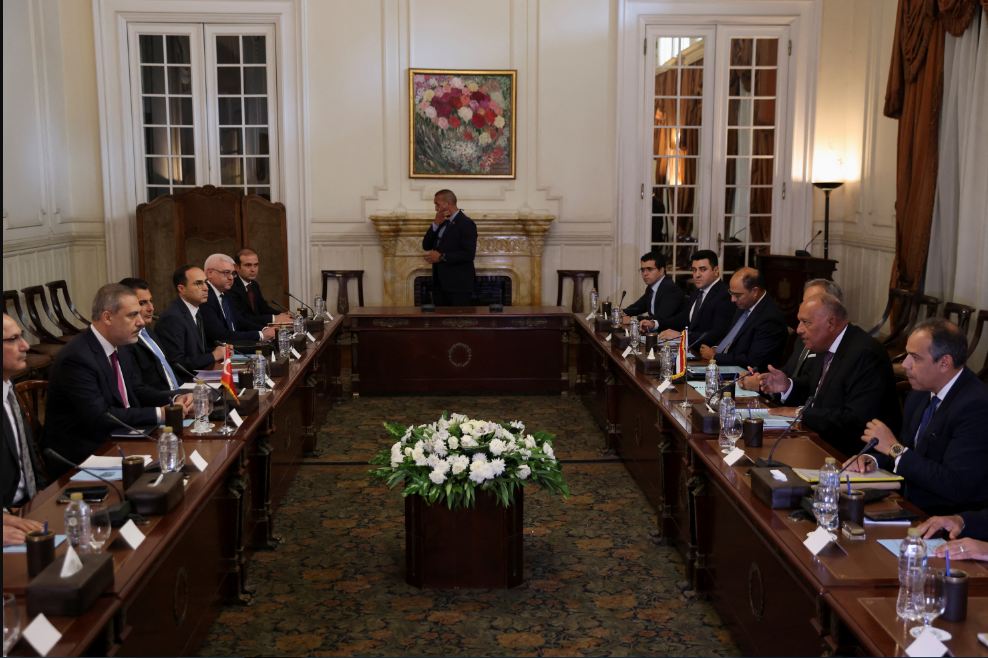Tunisia police turn water cannon on protest against president
Tunis (Reuters) – Tunisian police used water cannon and sticks to disperse more than 1,000 protesters trying to reach central Tunis on Friday to demonstrate against the president in defiance of COVID-19 restrictions.
A heavy police presence prevented many protesters gathering in Habib Bourguiba Avenue, the main street in central Tunis that is the traditional focal point of demonstrations including during the 2011 revolution that brought democracy.
Police then tried to disperse several different groups of protesters, at least one of which had hundreds of demonstrators, witnesses said, kicking and pushing them to force them back.
The Interior Ministry said 1,200 people had protested and said its forces had exercised restraint.
Opposition parties including the Islamist Ennahda are protesting against President Kais Saied’s suspension of parliament, assumption of executive power and moves to rewrite the constitution, which they call a coup.
“Preventing free Tunisians from protesting on the revolution anniversary is shameful… and is an attack on freedoms and represents a big decline under the coup authorities,” said Imed Khemiri, an Ennahda member of the suspended parliament.
Dozens of police cars stood in the area and two water cannon were used outside the Interior Ministry building, which is located on the same street.
Friday’s protest goes against a ban on all indoor or outdoor gatherings the government announced on Tuesday to stop a COVID-19 wave.
“Today Saied’s only response to opponents is with force and the security forces… it is so sad to see Tunisia like a barracks on the date of our revolution,” said Chayma Issa, an opposition activist.
Ennahda and other parties taking part in the protest accused the government of introducing the ban and resuming its night curfew for political rather than health reasons as a way of preventing protests.
Though Saied’s action in July appeared very popular at first after years of economic stagnation and political paralysis, analysts say he appears to have since lost some support.
Tunisia’s economy remains mired by the pandemic, there has been little progress in gaining international support for the fragile public finances and the government Saied appointed in September has announced an unpopular budget for 2022.
Friday falls on what Tunisians had previously marked as the anniversary of the revolution, the day the autocratic former president Zine El Abidine Ben Ali fled the country. Saied decreed last year the anniversary would fall on the December date of a street vendor’s suicide that triggered the uprising.



